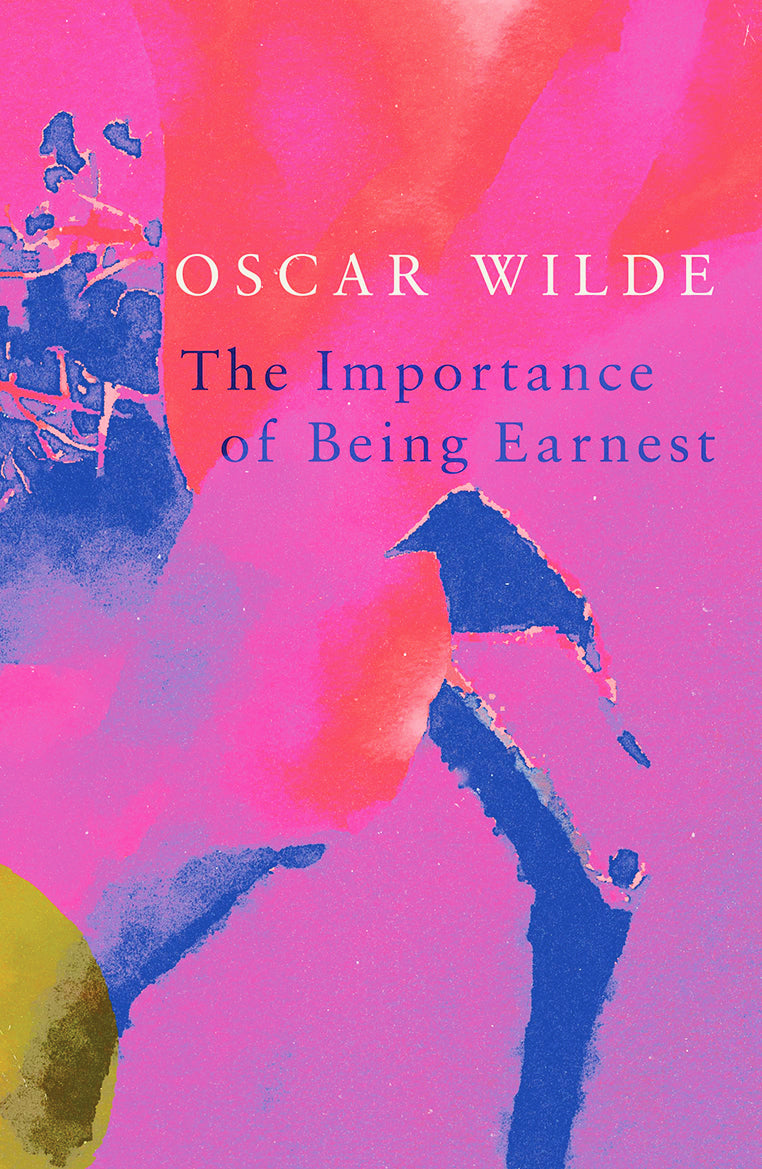The Importance of Being Earnest (Legend Classics)
The Importance of Being Earnest (Legend Classics)
Couldn't load pickup availability
The truth is rarely pure and never simple.
Oscar Wilde was already one of the best known literary figures in Britain when he was persuaded to turn his extraordinary talents to the theatre. Between 1891 and 1895 he produced a sequence of distinctive plays which spearheaded the dramatic renaissance of the 1890s and still retain their power among today's audiences.
The final comic or dramatic work from undisputed genius Oscar Wilde, The Importance of Being Earnest, A Trivial Comedy for Serious People is his most enduring popular play and a must-read for any Wilde fan.
A farcical comedy in which the protagonists maintain fictitious personæ to escape burdensome social obligations, the play is an unforgettable satire of Victorian ways. Working within the social conventions of late Victorian London, the play's major theme is the triviality with which it treats institutions.
Wilde's notoriety caused the play, despite its early success, to be closed after 86 performances. This latest edition allows you to discover or enjoy once again the writing of one of history's great comedy and drama writers.
The Legend Classics series:
Around the World in Eighty Days
The Adventures of Huckleberry Finn
The Importance of Being Earnest
Alice's Adventures in Wonderland
The Metamorphosis
The Railway Children
The Hound of the Baskervilles
Frankenstein
Wuthering Heights
Three Men in a Boat
The Time Machine
Little Women
Anne of Green Gables
The Jungle Book
The Yellow Wallpaper and Other Stories
Dracula
A Study in Scarlet
Leaves of Grass
The Secret Garden
The War of the Worlds
A Christmas Carol
Strange Case of Dr Jekyll and Mr Hyde
Heart of Darkness
The Scarlet Letter
This Side of Paradise
Oliver Twist
The Picture of Dorian Gray
Treasure Island
The Turn of the Screw
The Adventures of Tom Sawyer
Emma
The Trial
A Selection of Short Stories by Edgar Allen Poe
Grimm Fairy Tales|The Importance of Being Earnest is Oscar Wilde's classic farce in which the protagonists maintain fictitious personæ to escape burdensome social obligations, in an unforgettable satire of Victorian ways.

